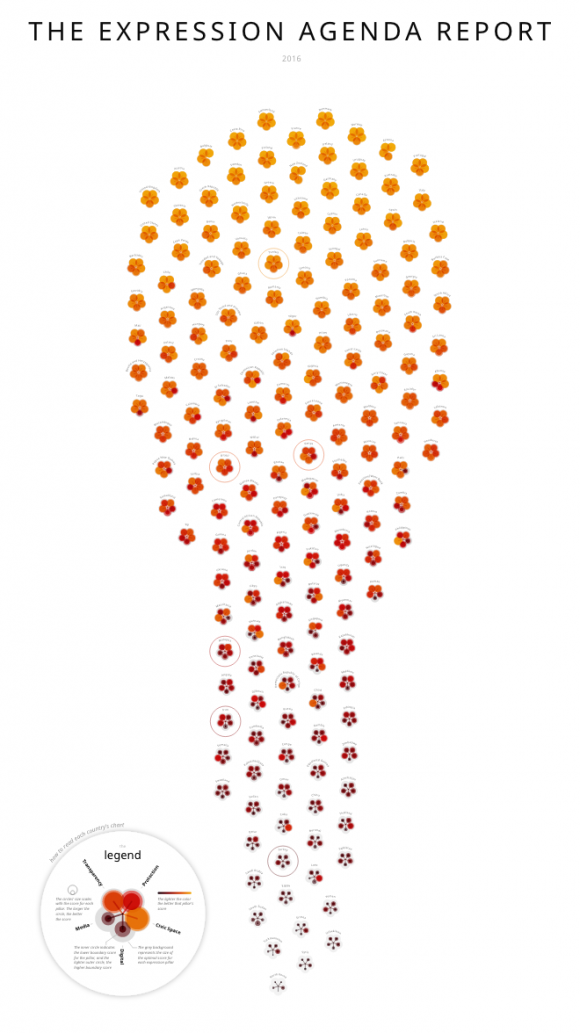
This is the last effort to round up *all the research*, and it’s packed with findings on participatory budgeting design, e-government transformation and the conditions for responsive and accountable government. You’ll also find meaty overviews of community contributions, methodological deep dives, useful research and a pile of case studies.


